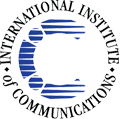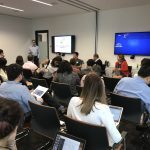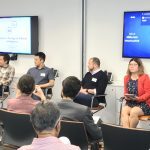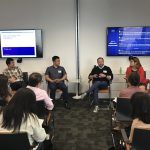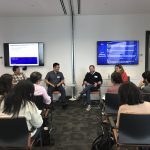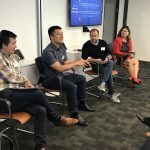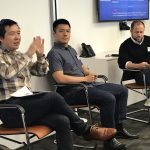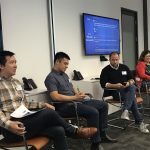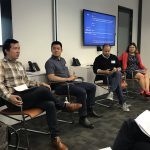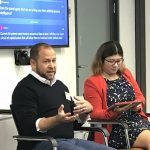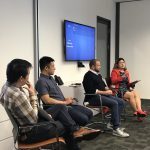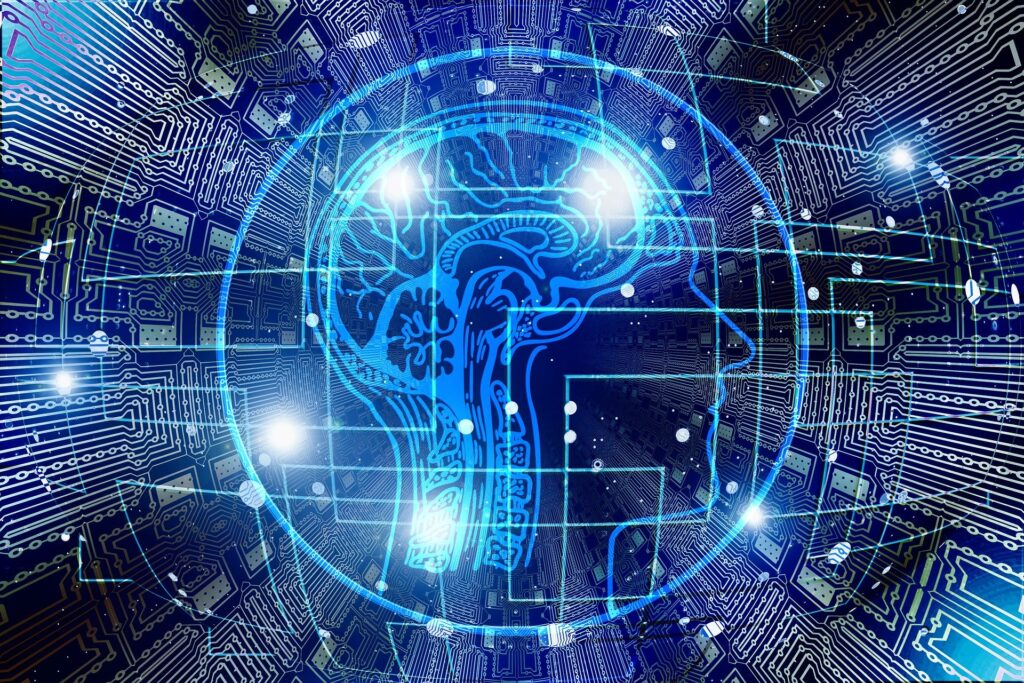

Date: Wed, 21 Nov 2018
Time: 8.00am – 10.30am
Venue: CMS Singapore
7 Straits View,
7 Straits View,
Marina One East Tower #19-01, Singapore 018936
Download our briefing paper here
Read the event summary here
About the Forum:
Privacy in the Age of Artificial Intelligence
How to maximise the benefits of artificial intelligence without compromising privacy
Ever wonder if your in-home virtual assistant is listening to and recording your conversations; if smart CCTV is identifying you and tracking your movements around a city; or if the customer support person you’re speaking to via an instant messaging platform is really a person or actually an AI chatbot?
Today’s applications of AI (and, in particular, those that leverage machine learning) require data, as much of it as possible, to spot and analyse patterns and make predictions. Where more data is collected, the better it gets at making decisions. But often, much of the data being used to power AI is personal data. As the AI gets smarter, do we risk losing more of our privacy?
Policy-makers around the world are weighing up the privacy implications of AI, whether it is the EU’s General Data Protection Regulation, or recent moves, led by Singapore’s Personal Data Protection Commission, to introduce an ethics-based framework for AI. The big question they all face is: how do we achieve a balance between maximising the benefits of AI without compromising privacy?
In this session, organised by the International Institute of Communications, we discuss these issues to better understand the privacy implications from AI use, and what is at stake between increased innovation and privacy protection. Amongst other things, we’ll discuss:
- Cutting through the AI hype: how do machine learning algorithms really collect and use data, and do we even have a workable definition of “AI”?
- Can data be fully anonymised so users cannot be reidentified, or is there always a risk of reidentification?
- How does Singapore’s Personal Privacy Data Act govern AI and personal data collection and what are the implications of the ethics framework?
- Are there any emerging international best practices in how to balance AI and privacy?
- Does over-regulation risk cutting across Singapore’s Smart Nation aspirations?
Speakers
- Liu Feng Yuan — Co-founder, BasisAI
- Jason Widjaja — Associate Director, Global Data Science (AI Products), MSD
- Dr. Steven Tucker — Chief Medical Officer, CXA; Founder, Tucker Medical Singapore
- Moderated by Annabel Lee — Policy Manager, APAC, BSA | The Software Alliance
